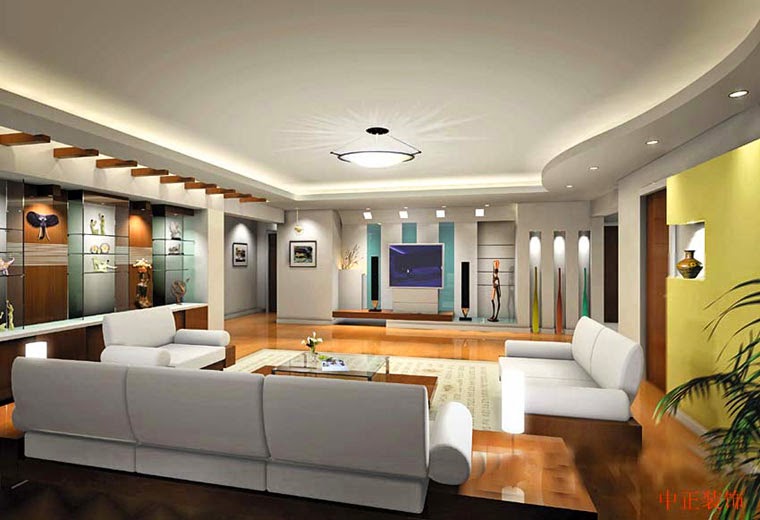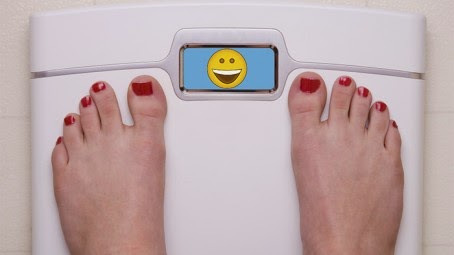Blogging has become one of the more popular pastimes on the internet.
Some people blog for money, others blog about current events, and others
blog for humor. The list goes on. Increasingly, bloggers are use
weblogs as a personal journal, preferring to keep it out of the
spotlight. If you’re someone who wants to start a personal blog, it’s
really quite easy.
select a blog host. A host is a website whose blogging platform you’ll
use in order to start blogging. With the rise of the internet, dozens of
blogging hosts have risen to prominence, many of them easy to use for
people who know next to nothing about computers. There are plenty
of free hosts in addition to hosts for which you need to pay. Here are a
list of just a few:
Free blog hosts
WordPress
Blogger
Tumble
Determine how much control you want control over your URL. If you use
a free blogging platform, your URL is going to look something like
this:
www.myblog.wordpress.com/
If you intend for your blog to be strictly personal, and you don’t
anticipate the need to build your own brand or start reaching out to
other bloggers, a free web hosting service will do you fine. If,
however, you believe that you may want to show your blog to other people
and build your online presence at some point in the future, a paid
hosting service will allow you to create a blog with a distinct and
personalized URL.
Choosing Your Blog
Know the differences between free hosting services and paid hosting
services. Mainly, paid hosting services offer much more control over the
look of the website design, as well as offering more web tools with
which to personalize blogs (plugins, widgets, buttons, etc.). Although
the amateur blogger probably won’t need a paid hosting service, it’s
useful to know what you can and can’t do with a free platform:
Generally, free hosting services offer a few basic pre-made templates
for bloggers to choose from when designing the look of the website.
Paid hosting services generally offer a greater variety of templates to
choose from, as well as giving the blogger the option of designing the
look of the website from the bottom up.
Certain plugins are available only to people who pay for hosting
services. A plugin is a tool that bloggers use to customize their blog.
(A rotating tab, for example, is a cool plugin that allows viewers to
see more of your content on tabbed panels.)[4] Countless other plugins
exist for paid hosting services.
This seems to be the bottom line: If you’re just interested in creating a
vehicle for your thoughts, these bells and whistles are probably
superfluous. If, however, you take pride in the design of your website
and like the idea of creating different tools for potential viewers to
someday interact with, having more power to customize your weblog may be
a good decision.
Getting Started
Design the look of your blog. Every time you log in to your blog, the
design of it ideally should motivate you to write. For some people, a
simple write background, mimicking a blank page, sets the heart
aflutter. For others, an intricate houndstooth pattern does the trick.
How do you want your blog to look?
<frameborder="0" />
Choose a simple background over a loud and in-your-face one, although do
what pleases you most. Here are some ideas for simple backgrounds you
can mull over:
A photograph of you and your family on vacation
A simple, unobtrusive pattern that provides texture but doesn’t take away from the words
A map of picture of a map
A writing object, such as a fountain pen, typewriter, or ream of paper
A simple background in your favorite color
Look for a “keep private” check box within the options setting of your
blog server. If you want your blog to be personal and de-indexed from
search results, so that only you see it, check this option. In many
blogs, there is also an option which allows you to keep your blog
entirely private, where a password is required to access it. Look for
this option if you want your blog to be truly secret.
Design your blog for simple navigation. If you make categories into
which you place your blog posts, try ordering the categories by
popularity. Why put the blog post you visit least right up there at the
top, and the blog post you visit most near the bottom? Design with
simple navigation in mind.
Reduce the clutter. Just because you have the option of creating
dozens of plugins and widgets doesn’t mean you need to use them. If this
blog is indeed about you and your thoughts, make them stand out instead
of extraneous stuff.
Create your first blog post. In many public blogs, your first post is a
short explanation of who you are (some secrets are kept) and why you
decided to blog. It’s an online introduction of sorts. Because you’re
building a personal blog, however, you need not be so formal in your
first post.
Write about what motivated you to start a blog. It may help to put
things into writing. This is often a cathartic act, too, releasing
certain tensions and stress. Try it on for size and see how it feels.
Write about what you intended to write about. Jump right in. Your blog
can turn into a diary of sorts, or it can be a place where you gather
interesting articles from around the web and comment on them. Of course,
it can be anything in between. Write or post about what makes you
happy.
Maintaining Your Blog
ry to blog every day. Even if nothing of note has transpired, it’s
important to set aside time to blog. Getting in the rhythm of blogging
can be difficult, but pretty soon you’ll be doing it by instinct: Like
the first day of school, it may be a bit awkward at first, but you soon
make friends and grow comfortable in your new environment.
Think about special themed days when posting.Keep posts short. If you’re having trouble writing, keep your
blog posts
short. A blog can be different from a diary, expose, or news article.
It’s meant to be digested quickly, to offer interlocking pieces of
evidence and tie them together concisely. Keep these three guidelines in
mind when you start blogging:
Use links. Link out to other interesting pieces of content out on the
web. For one, it will help you remember interesting sites that you
stumble across. Second, it will save you the time to paraphrase what’s
going on — unless that’s what you’re trying to do!
Revisit old themes. Just because you’ve already written a blog doesn’t
mean you need to file it away in a musty place. Revisit your feelings
about that article in a new article, for example.
Use first letters of names when writing about others to maintain
anonymity. For example, “E made me very mad today; I’ve had it up to
here with his selfishness.” This ensures that no feelings will be hurt
should someone stumble upon your blog. Learn from your posts. Once you
have blogged for a while, go back and review. Have you learned the
sources of stress in your life? Can you identify any running themes? Is a
particular person toxic to your emotional health?
Interact with your community of readers and commentors. Even if you are
anonymous, your blog may still be enjoyed by readers and commentors.
Often, they leave a comment underneath your article expressing praise,
opinions, or questions. Successful bloggers understand that interacting
with these fans of your work is an important part of spurring readership.
Respond to most, not all, comments. Often, a reader will leave a comment
urging you to keep on writing. A simple “Thank you, appreciated,” might
be a good way to respond. Other times, people will ramble off-topic or
express very controversial opinions. It is not necessary to respond to
each and every one of your commenters if you don’t wish to.
Purchasing your own domain / Hosting
And in case you want to establish a more reliable and trustworthy
website then go for your own domain and hosting . You can find different
hosting providers and domain registrars online. But my personal
recommendation would be Godaddy.
Not only there prices are better then others but their reliability
and service as well is better. Now a days they are providing free domain
along with their one year hosting purchase. So if you are interested
you can grab one from them before the rates are changed .






























